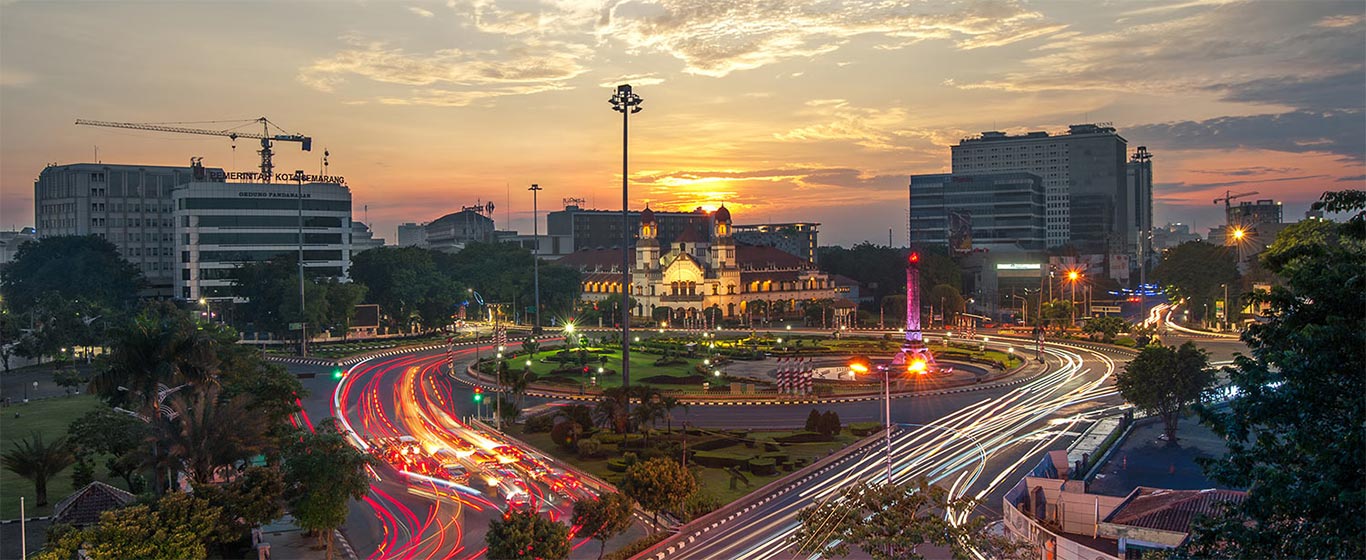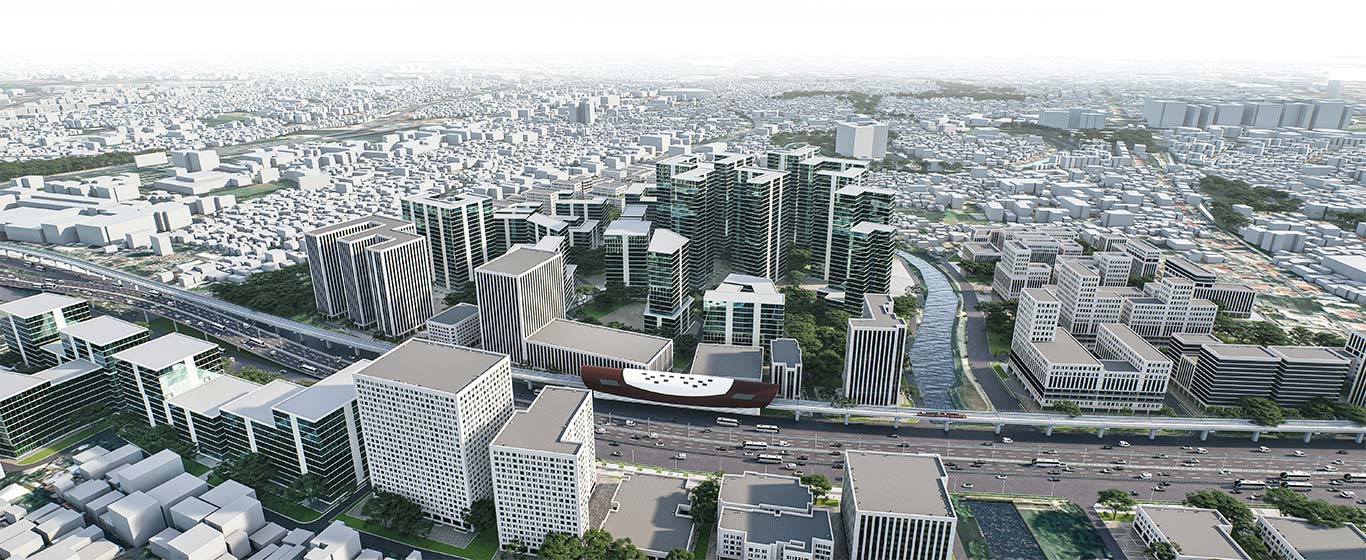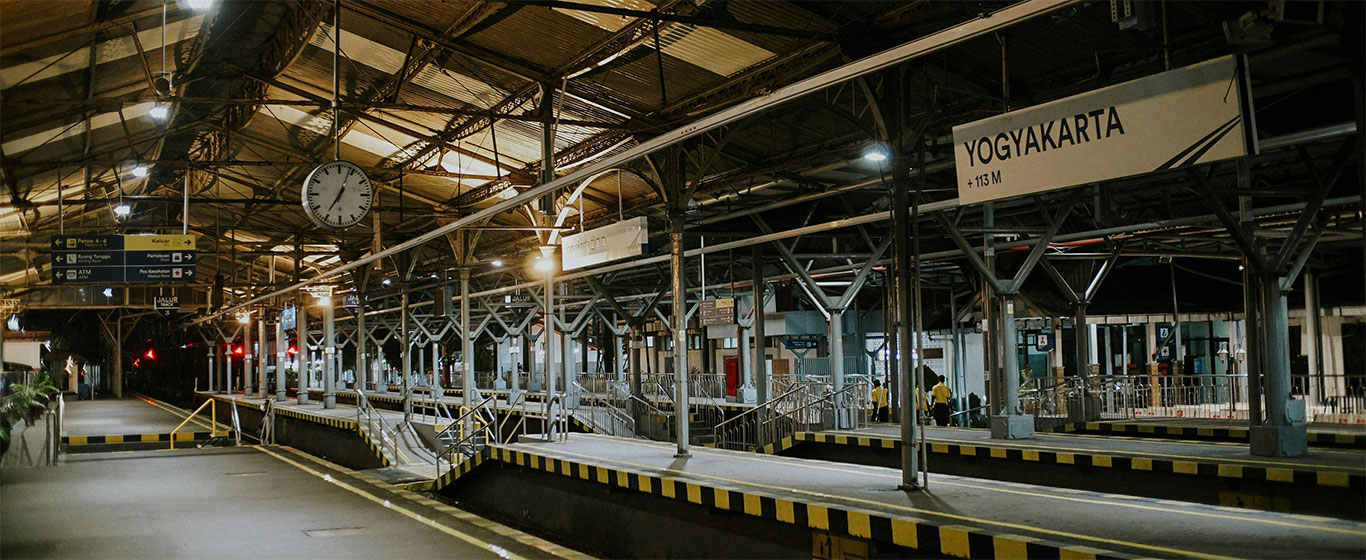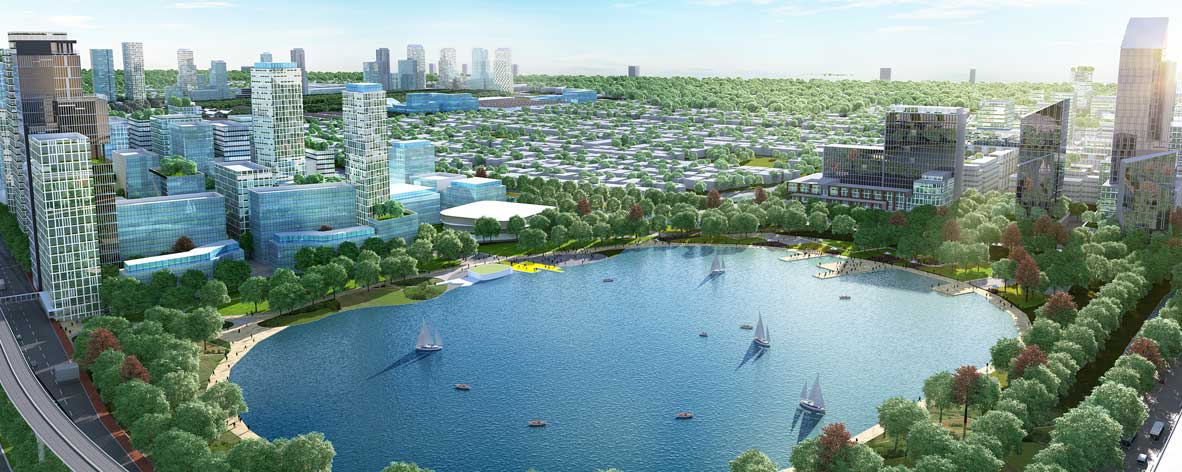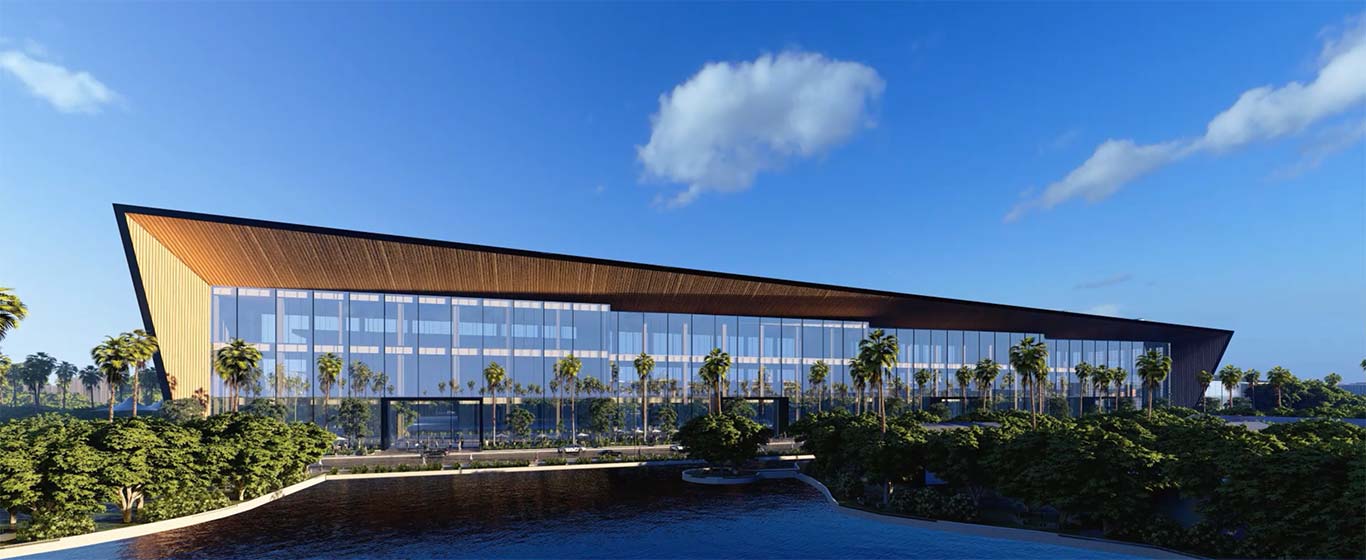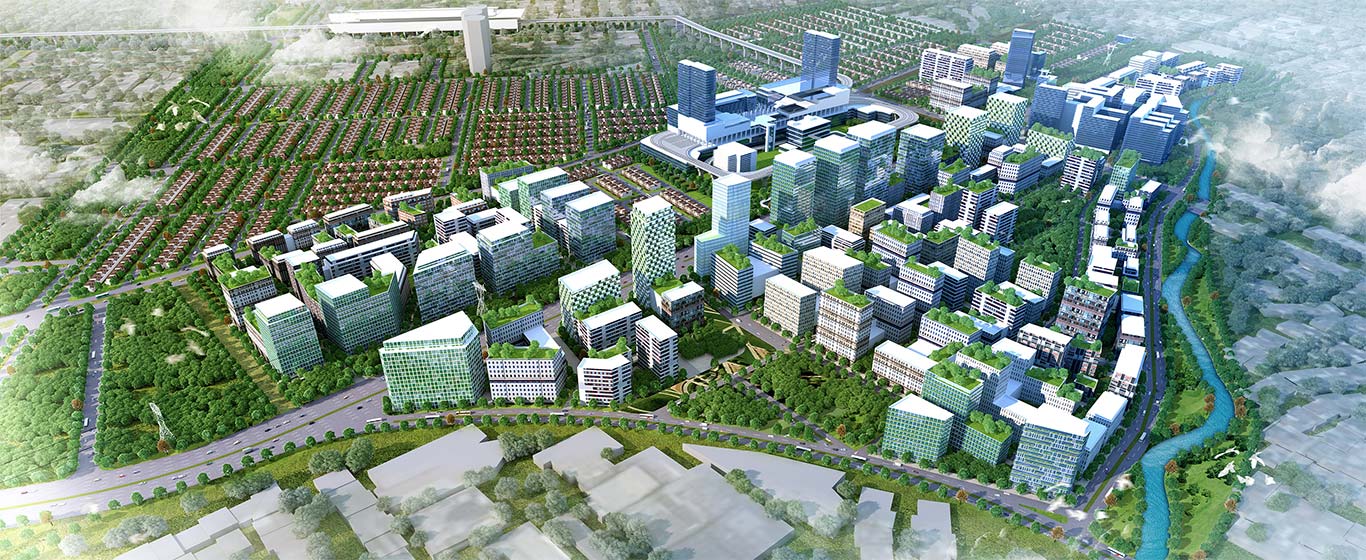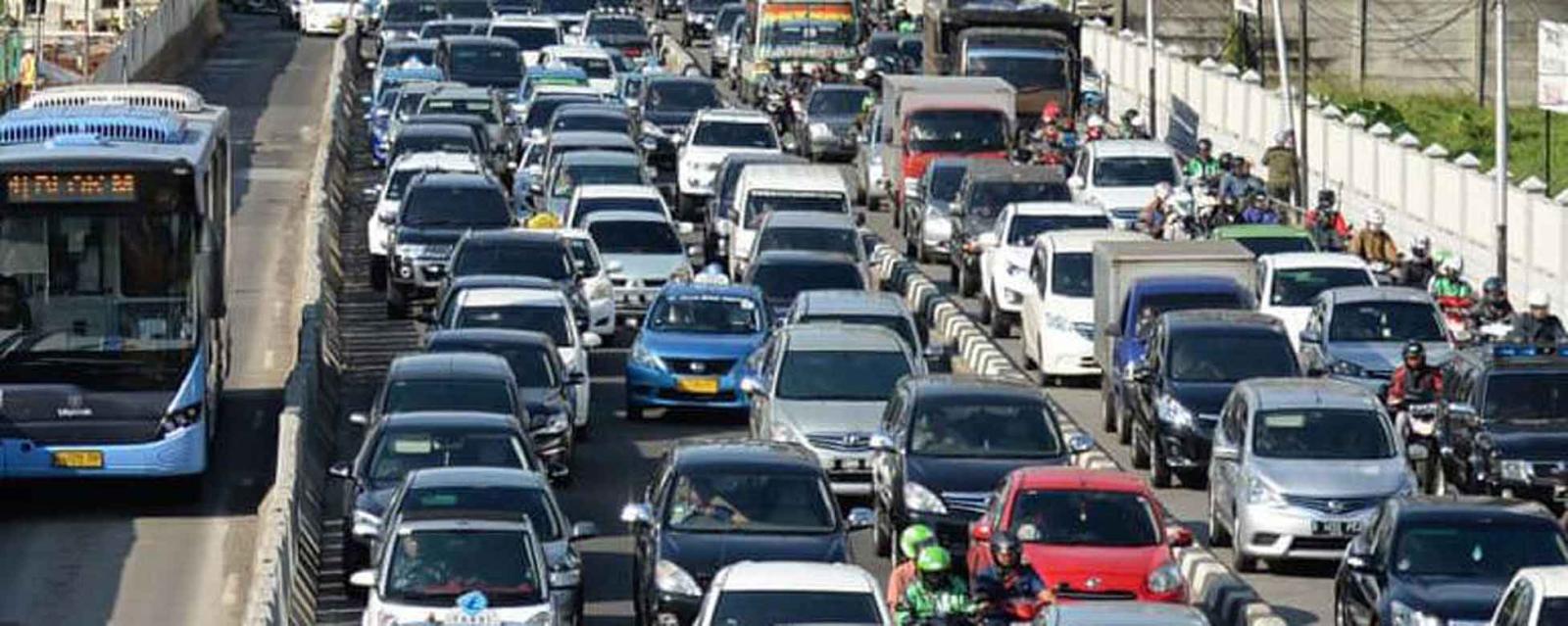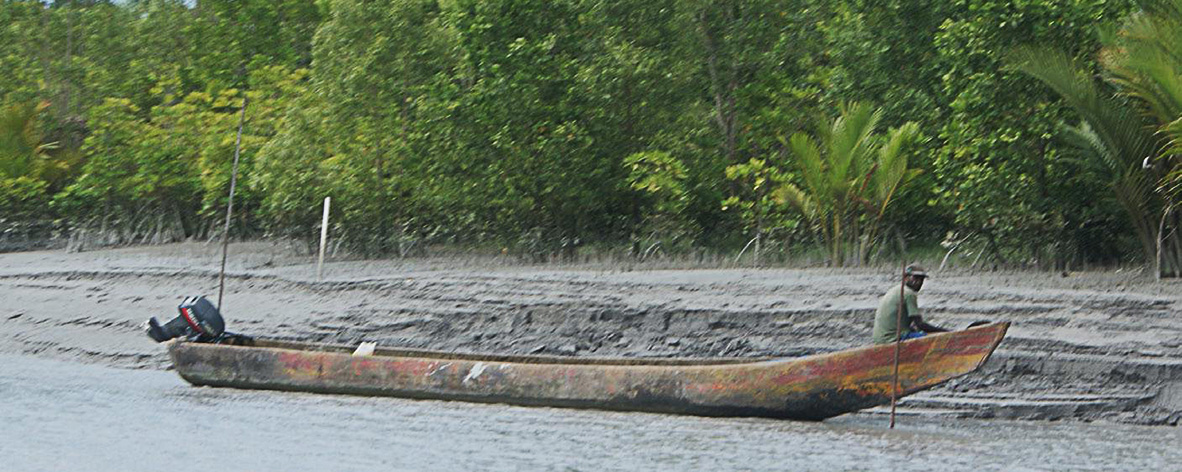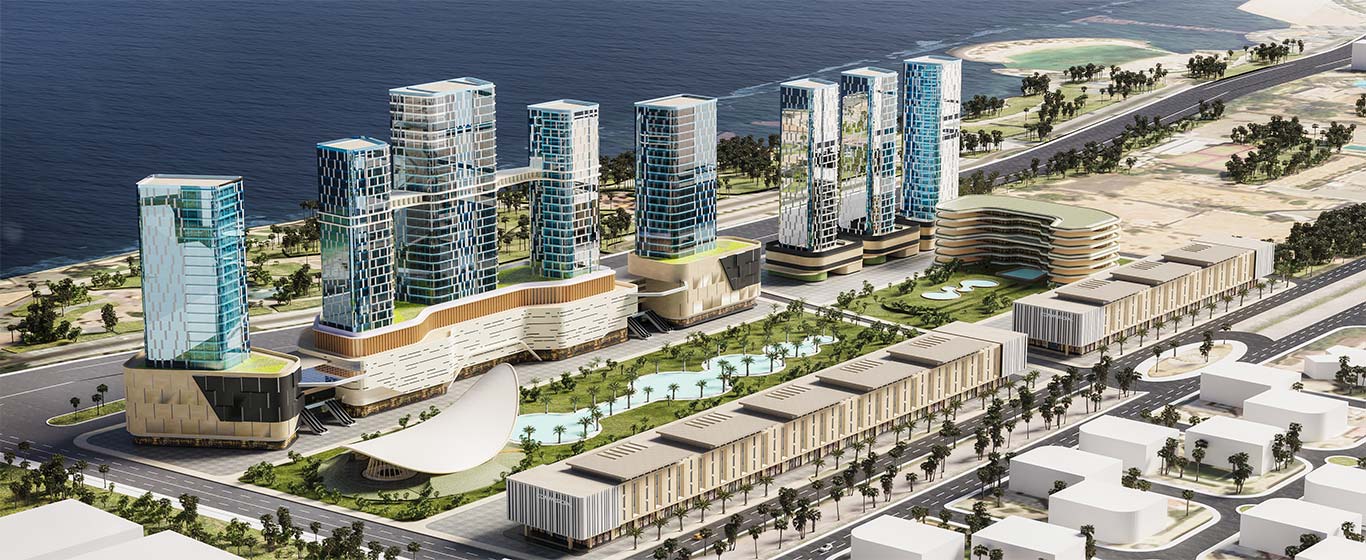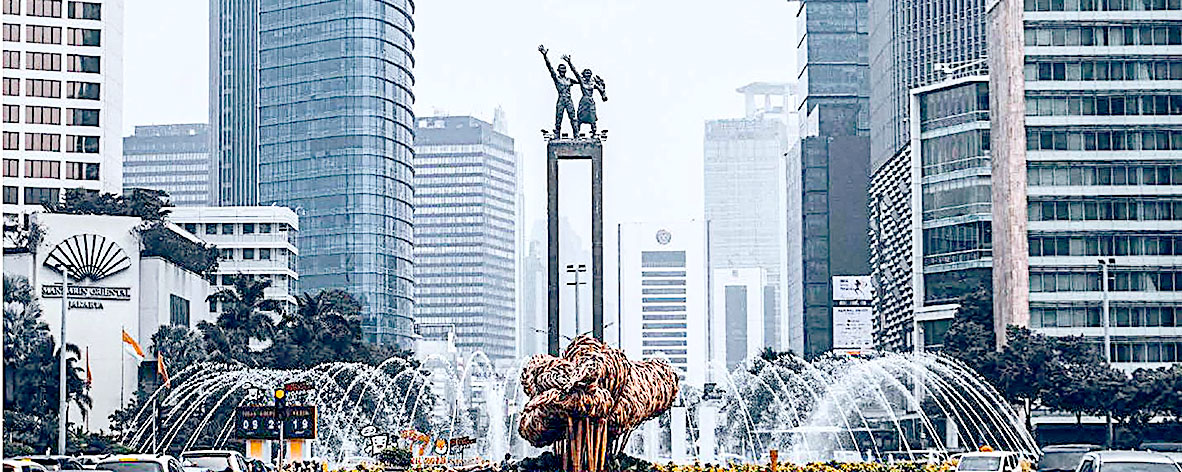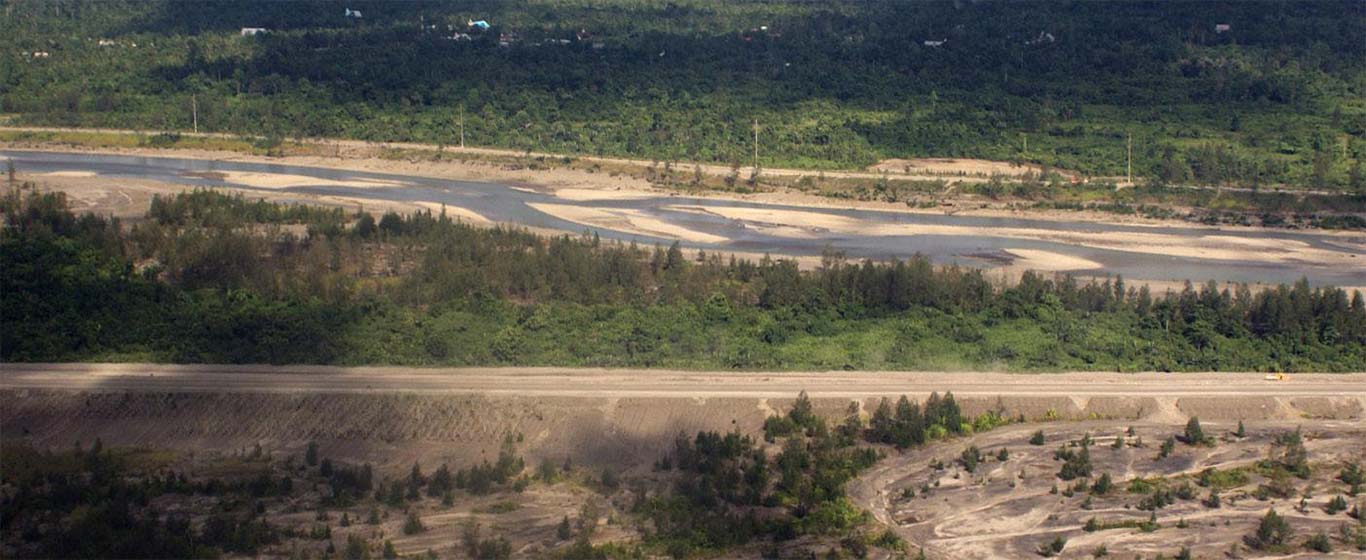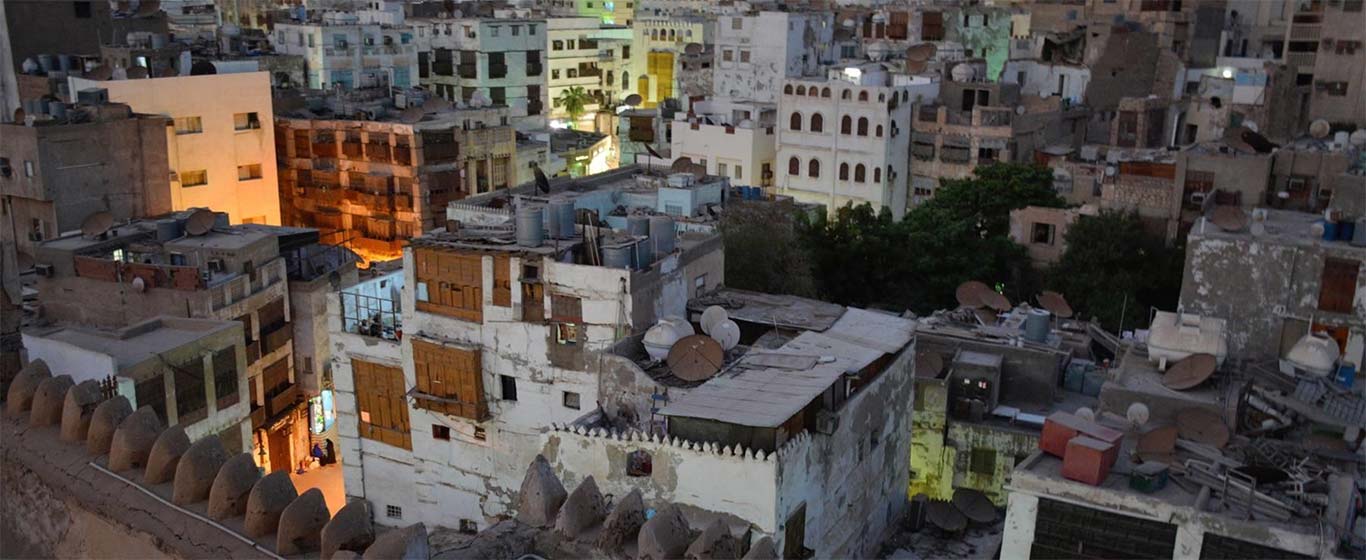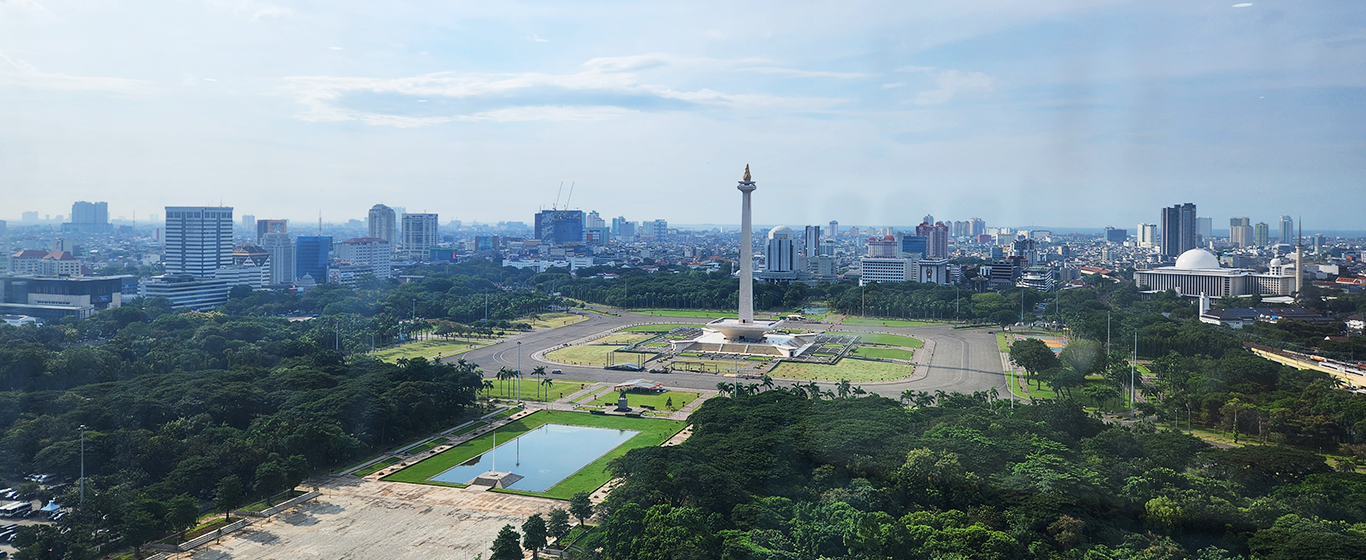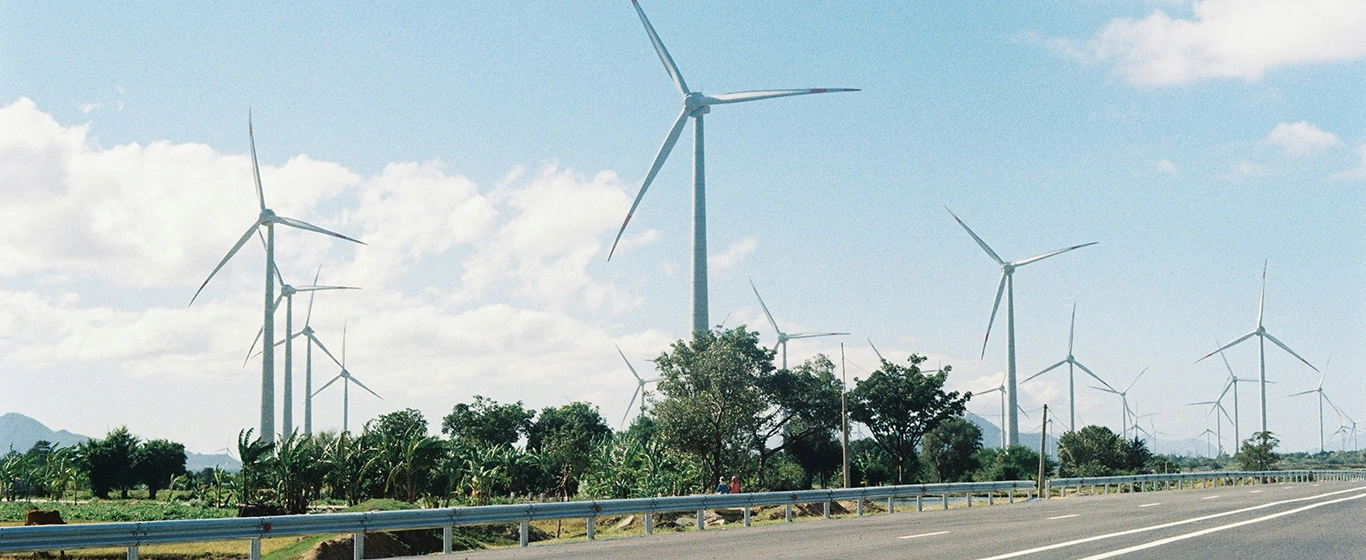
Development of Climate Positive Infrastructure in Indonesia
The bespoke dynamic framework has delivered a rigorous evidenced based project pipeline which will be updated quarterly and further refined over the coming years supported by capacity building for key stakeholders.
Over the coming years Indonesia requires major investment in infrastructure todeliver its economic and social programmes whilst at the same time meeting itsclimate change commitments. Whether delivered centrally through Ministries/Stage Owned Enterprises or through regional governments, there is a shortfall in available funding. The new Indonesian government sees a greater role for the private sector and new and innovative financing is required. The UK government-supported infrastructure partnership with Indonesia, known as“MELAJU”, is supporting new opportunities in infrastructure, providing technical and development assistance through the UK’s Future Cities Infrastructure Programme (FCIP) and the Green Cities and Infrastructure Programme (GCIP).
The FCIP four-year programme being led by PWC is supporting the development of climate-positive urban infrastructure projects in Indonesia across a wide range of potential sectors such as public transport, waste management, water management, housing, etc. Techne Praxis is working in collaboration with PwC in designing a structured project selection framework that is both rigorous and tailored to Indonesia’s policy context. Projects are screened through this framework to meet a series of objective criteria such as current status, political commitment, alignment with national and regional priorities, green credentials, governance, capacity and capability of project teams, technical and financial feasibility, readiness and impact, and others. A short-list of qualified projects then undergo further refinement using a rapid 5-Case Model, followed by detailed project reviews. Importantly, the framework also provides visibility and confidence in allocation of resources. Projects that meet the screening criteria are then eligible for in-depth technical assistance, financial advisory, and institutional capacity building support.
